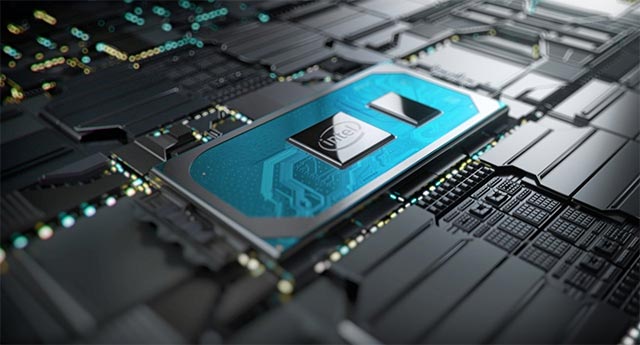Found an 'unpatchable' flaw in Intel CPUs
The fact that the security vulnerabilities appear on Intel products is not new or surprising information, but the situation is once again heated up because recently, international security researchers continue to identify. identify another critical flaw that exists in Intel CPUs. Unfortunately for the US chip manufacturer, this new vulnerability is relatively easy to exploit and cannot be fixed unless the user accepts a CPU replacement.
Specifically, this vulnerability was first discovered by security researchers from the Positive Technologies team, UK. Basically, it exists in the Converged Security and Management Engine (CSME) tool on Intel CPUs, and cannot be fixed with the usual firmware updates or update procedure. According to the team's announcement, the flaw is present in all Intel chipsets released in the last 5 years, however it does NOT affect the latest 10th generation CPUs.
'This is a flaw affecting CSME boot ROM on all existing Intel and SoC chipsets, except for Ice Point (10th generation CPU series). The flaw allows the extraction of the Chipset Key, as well as part of the hardware key and its creation process. But for now, directly extracting the hardware component of the key (hard-coded in SKS) is almost impossible. In addition, the vulnerability could also lead to arbitrary code execution with level 0 privileges in Intel CSME. "
-Positive Technologies
CSME is a 'Root of Trust' responsible for the hardware security system of the CPU. It contains the keys used for encryption and allows the execution of a secure boot process. The flaw lies in CSME's bootROM, which cannot be changed after the CPU has been released, which makes the flaw deployment vulnerable.

In the near future, the goal of the malicious agents will be to extract the hardware key, which is used to encrypt the Chipset Key, or a unique key that is used across the entire Intel CPU generation. When this happens, the security risk will be enormous: hardware IDs can be tampered with, digital content will be extracted, and data from encrypted hard disks will also be decrypted.
In a related development, Intel is trying to lower the severity of the vulnerability and assure users that the bug can only be exploited if the hacker has physical access to the device.